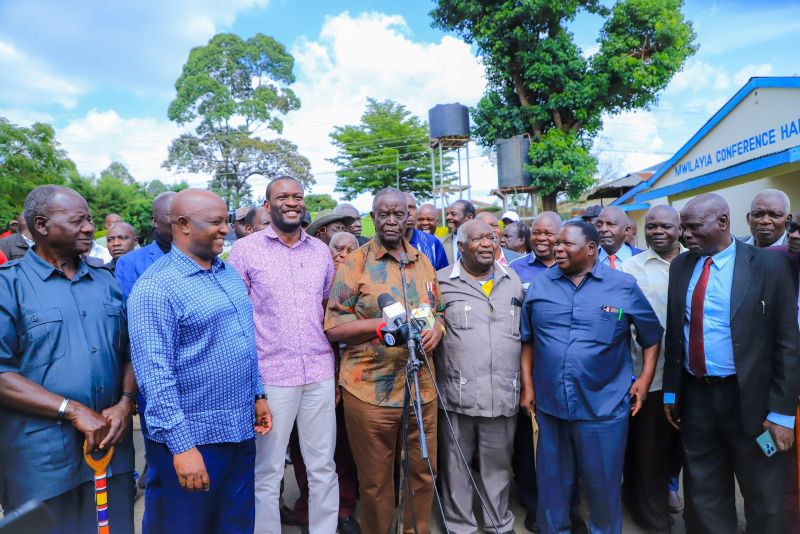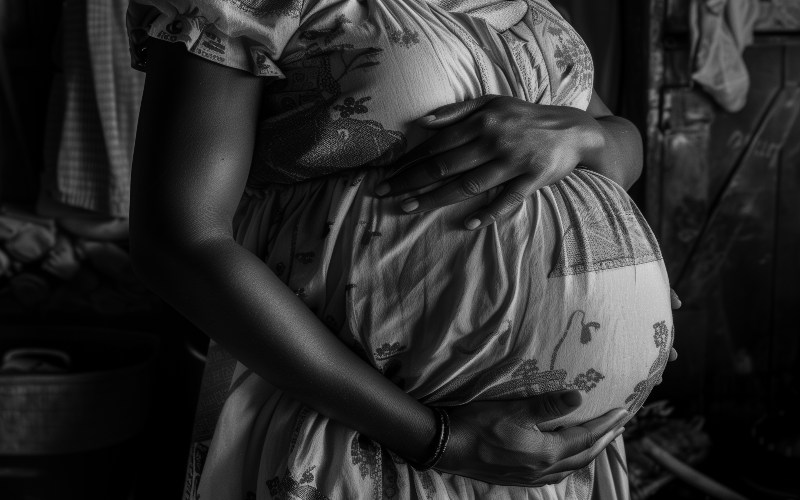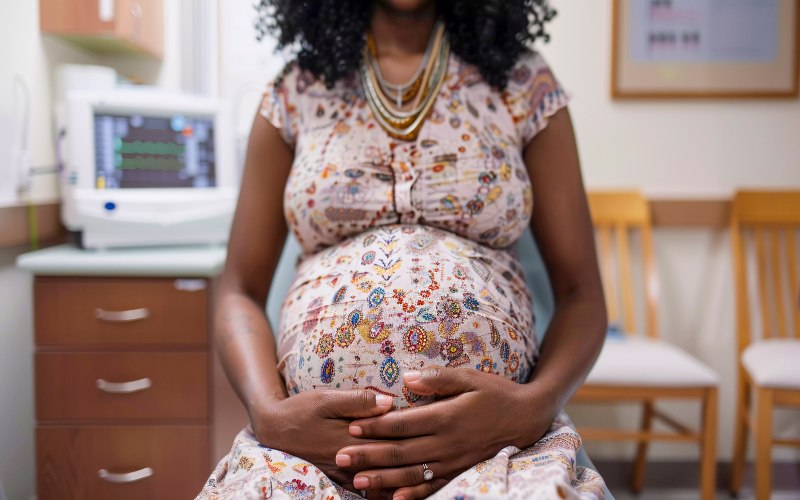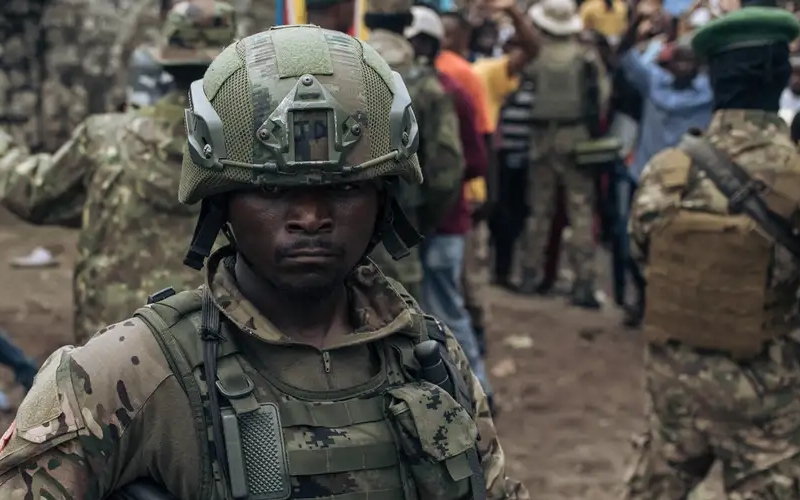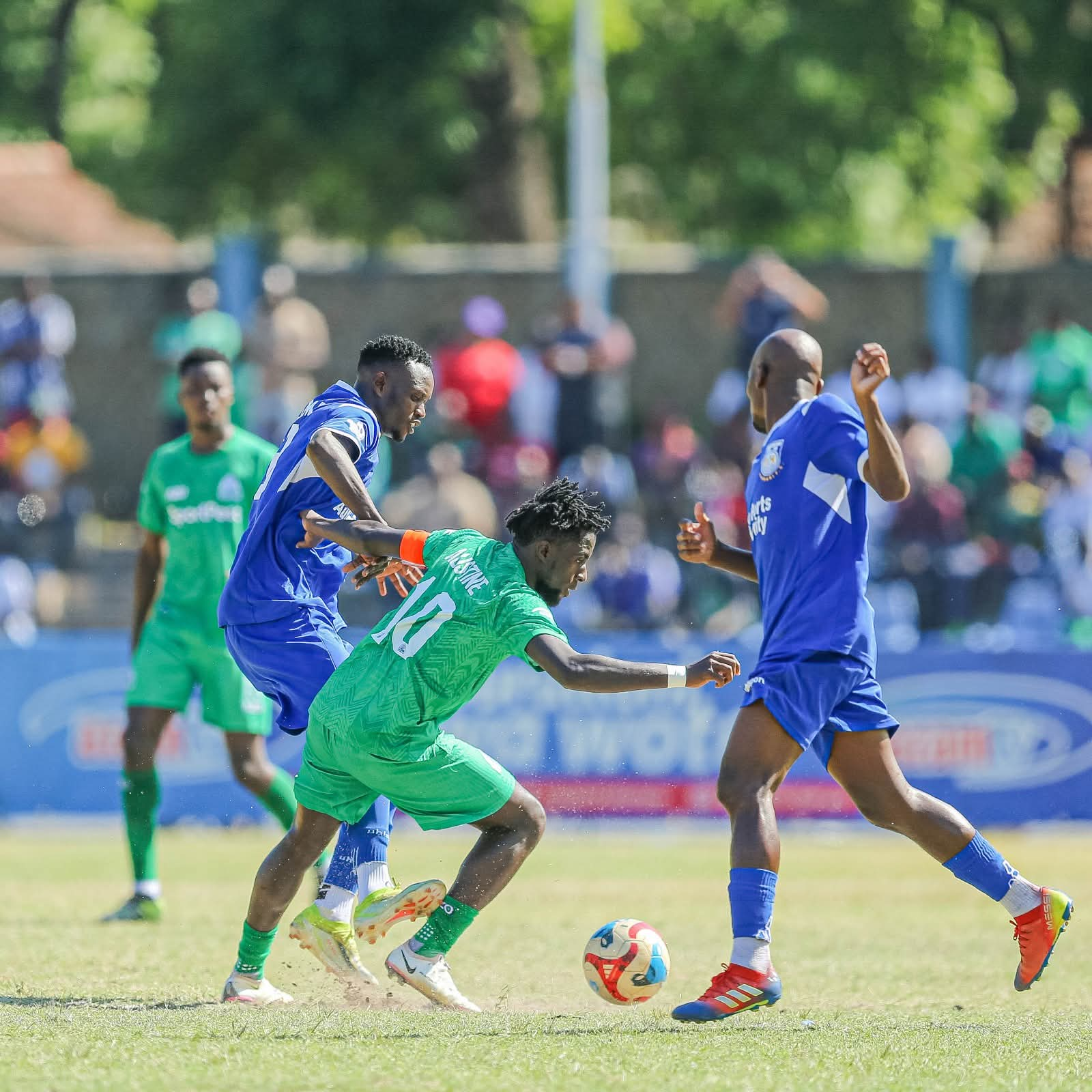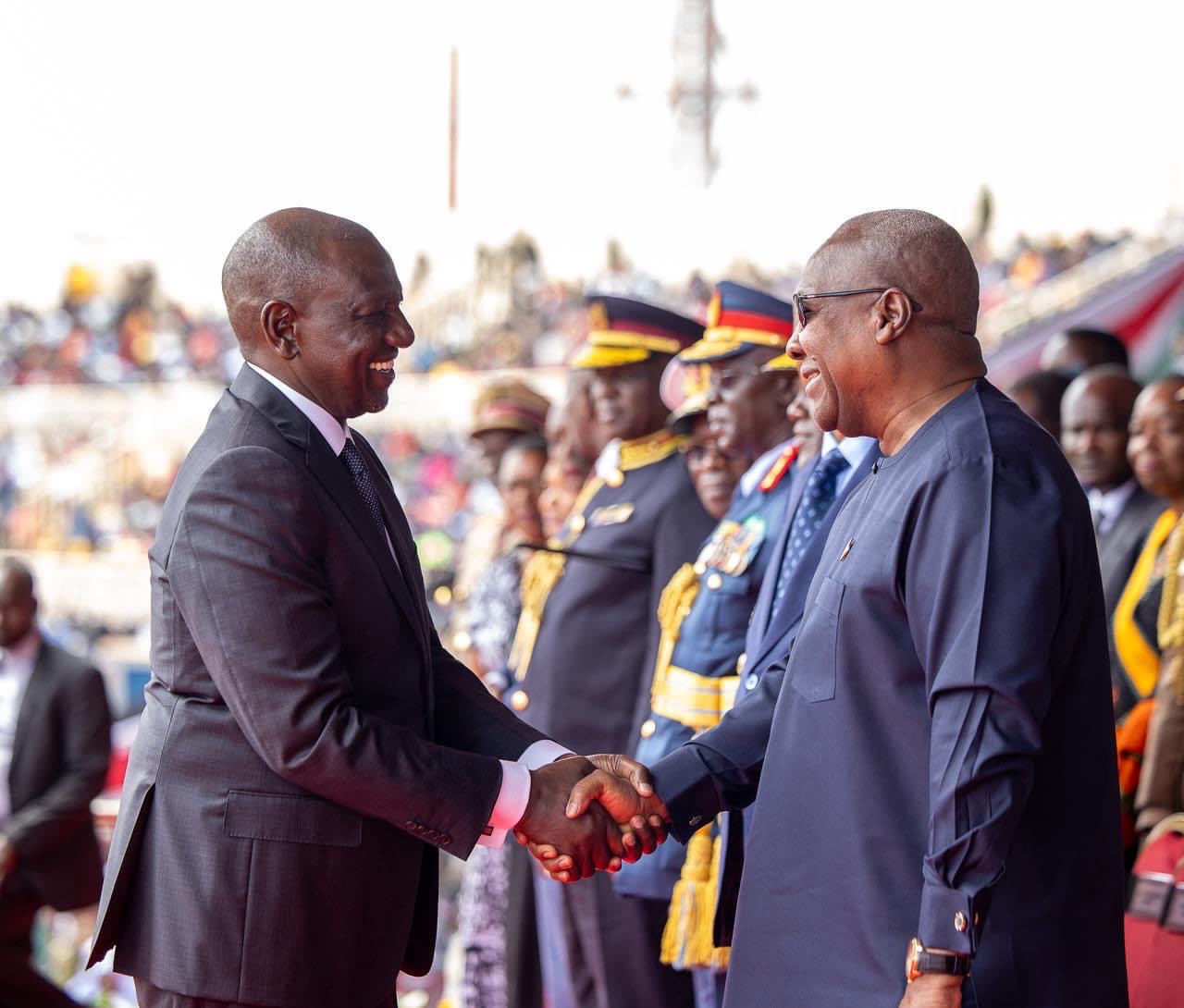Somali PM meets Serbian envoy amid tensions over breakaway regions
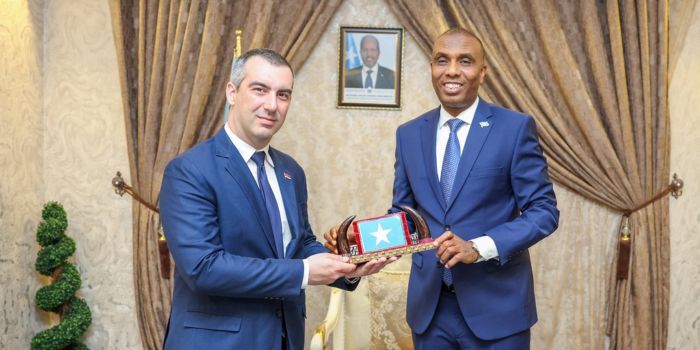
Somalia and Serbia share similarities where Kosovo and Somaliland are concerned, as the latter two have both unilaterally declared their independence.
Somali Prime Minister Hamza Abdi Barre met with the Serbian Presidential Envoy for the Horn of Africa, Vladimir Orlie, in Mogadishu last week amid tensions in the breakaway regions of Somaliland and Kosovo.
Somalia and Serbia share similarities where Kosovo and Somaliland are concerned, as the latter two have both unilaterally declared their independence.
More To Read
- Somalia to recruit 100,000 new soldiers in major national army expansion to counter Al-Shabaab
- Somali Intelligence Agency foils Al-Shabaab attack in Mogadishu, kills 7 militants in Middle Shabelle region
- Somalia orders crackdown on military vehicles after deadly Mogadishu prison attack
- Somali PM launches free electricity programme for 150 health facilities
- Somali troops awarded for heroism in battlefield victory against Al-Shabaab
- Somali intelligence kills Al-Shabaab leader behind presidential convoy attack
The Office of the Prime Minister said the two leaders discussed strengthening bilateral relations and cooperation between Serbia and Somalia.
"PM Hamza expressed his gratitude to the Serbian government for its unwavering support in rebuilding the Somali security sector and army," the OPM wrote on X on April 20.
"Vladimir conveyed a message from the Serbian President to PM Hamza, and commended the Somali government for the progress and achievements made in the ongoing operations against Al-Shabaab terrorists."
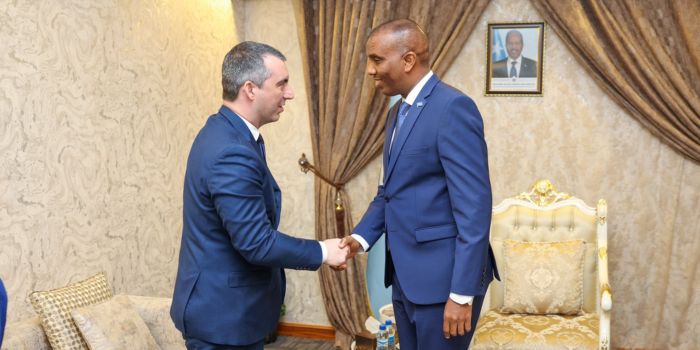 Serbian Presidential Envoy for the Horn of Africa, Vladimir Orlie, and Somali Prime Minister Hamza Abdi Barre during their meeting in Mogadishu on April 20, 2024. (Photo: OPM Somalia)
Serbian Presidential Envoy for the Horn of Africa, Vladimir Orlie, and Somali Prime Minister Hamza Abdi Barre during their meeting in Mogadishu on April 20, 2024. (Photo: OPM Somalia)
For the past decade, Serbia has actively engaged with African leaders, particularly Somalia, following its recognition of Kosovo as an independent state in 2010. Then Kosovan President Fatmir Sejdiu made an official request, which was granted.
For Serbia, which staunchly upholds its territorial integrity over Kosovo, Somalia's recognition of Kosovo served as a troubling precedent because Somaliland is seeking international recognition.
Serbian President Aleksandar Vucic claimed in January last year that nine countries, including Somalia, had withdrawn their recognition of Kosovo.
Vucic told the media that "as things stand in the world today, as many as 106 countries do not recognise Kosovo's independence, only 84 unequivocally recognise it, and about three countries are not clear".
He added, "We have nine that have withdrawn their recognition: Somalia, Burkina Faso, Gabon, Eswatini [formerly Swaziland], Libya, Guinea, Antigua and Barbuda, St Lucia and the Maldives. We are waiting for the tenth."
 Somali Prime Minister Hamza Abdi Barre and Serbian Presidential Envoy for the Horn of Africa, Vladimir Orlie, are pictured with officials from their countries during their meeting in Mogadishu on April 20, 2024. (Photo: OPM Somalia)
Somali Prime Minister Hamza Abdi Barre and Serbian Presidential Envoy for the Horn of Africa, Vladimir Orlie, are pictured with officials from their countries during their meeting in Mogadishu on April 20, 2024. (Photo: OPM Somalia)
Mogadishu has yet to confirm whether it has reversed its recognition of Kosovo.
Just five days before the two leaders' meeting on April 20, Serbian Ambassador to Nairobi, Danijela Cubeilo Martie, who also holds accreditation to Somalia, met with her Somali counterpart, Jabril Ibrahim Abdulle. Their discussions focused on bilateral matters and laid the groundwork for the visit by the Serbian presidential envoy.
The visit also comes a year after Serbia trained 60 Somali special security officers. These officers completed an intensive four-month training programme at the Marshal Josip Broz Tito Special Forces Training School in the Serbian capital.
The programme aimed to strengthen the security and protection of Somalia's political leaders, including the President, as well as visiting foreign dignitaries, amid efforts to stabilise the Horn of Africa country and combat terrorism.
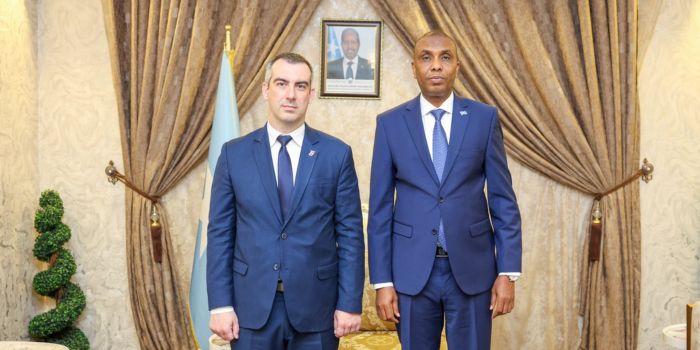 Serbian Presidential Envoy for the Horn of Africa, Vladimir Orlie, and Somali Prime Minister Hamza Abdi Barre during their meeting in Mogadishu on April 20, 2024. (Photo: OPM Somalia)
Serbian Presidential Envoy for the Horn of Africa, Vladimir Orlie, and Somali Prime Minister Hamza Abdi Barre during their meeting in Mogadishu on April 20, 2024. (Photo: OPM Somalia)
The officers participated in a comprehensive curriculum including formal classroom education, physical fitness, firearms handling, driving, intelligence gathering, and real-world simulations.
They trained for nine hours a day, seven days a week, from January 12 to April 12, 2023, in "Zero-Fail Mission" scenarios.
This marked the first time a European nation had provided training to Somali recruits on its soil.
The Somali prime minister thanked Serbia for the gesture during the meeting.
Somalia maintains a diplomatic mission in Belgrade, Serbia's capital, that was reopened in 2021.
Top Stories Today



